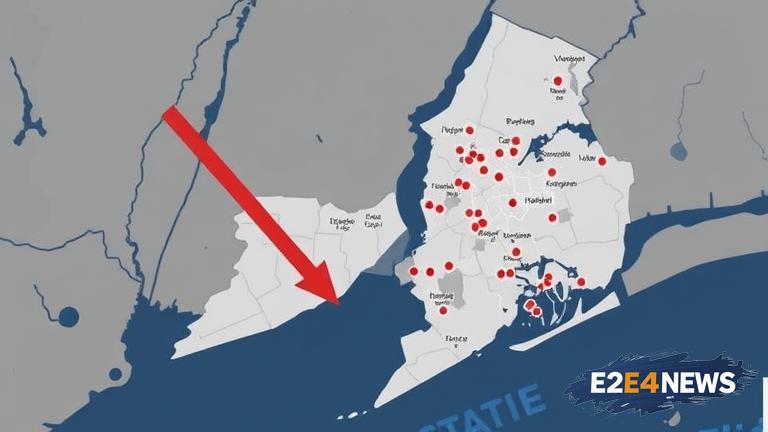The West Nile virus has been detected in mosquitoes in 9 Staten Island zip codes, according to recent reports. The affected areas include zip codes 10301, 10302, 10303, 10304, 10305, 10306, 10307, 10308, and 10309. The discovery has led to increased concerns about the potential for human transmission of the virus. West Nile virus is a mosquito-borne illness that can cause fever, headache, and encephalitis, a potentially life-threatening inflammation of the brain. The virus is typically spread through the bite of an infected mosquito, and the risk of transmission is highest during peak mosquito season, which typically runs from July to September. Residents of the affected zip codes are being advised to take precautions to avoid mosquito bites, including wearing insect repellent and protective clothing when outdoors. The New York City Department of Health and Mental Hygiene has also initiated a mosquito control program, which includes spraying insecticides in areas where infected mosquitoes have been found. In addition to the 9 affected zip codes, nearby areas may also be at risk due to the mobility of mosquitoes. The West Nile virus has been present in New York City since 1999, and while the risk of transmission is generally low, it is still important for residents to take precautions to protect themselves. The virus can also be transmitted through blood transfusions and organ donations, although this is rare. Symptoms of West Nile virus can range from mild to severe, and may include fever, headache, body aches, and skin rash. In severe cases, the virus can cause encephalitis, meningitis, and acute flaccid paralysis. The risk of severe illness is highest among older adults and people with weakened immune systems. To reduce the risk of transmission, residents are advised to eliminate standing water around their homes, which can serve as breeding sites for mosquitoes. The New York City Department of Health and Mental Hygiene is also working to educate the public about the risks of West Nile virus and the importance of taking precautions to prevent transmission. Overall, the detection of West Nile virus in mosquitoes in 9 Staten Island zip codes serves as a reminder of the importance of taking precautions to prevent the spread of mosquito-borne illnesses.
